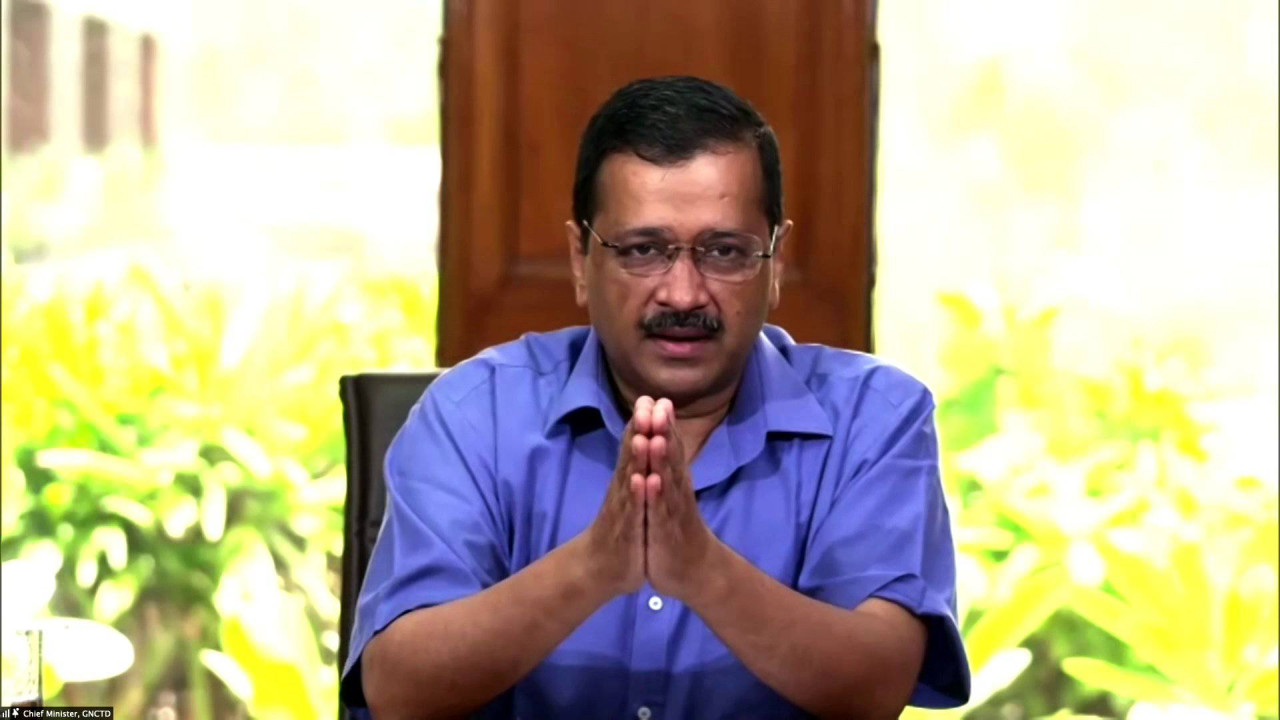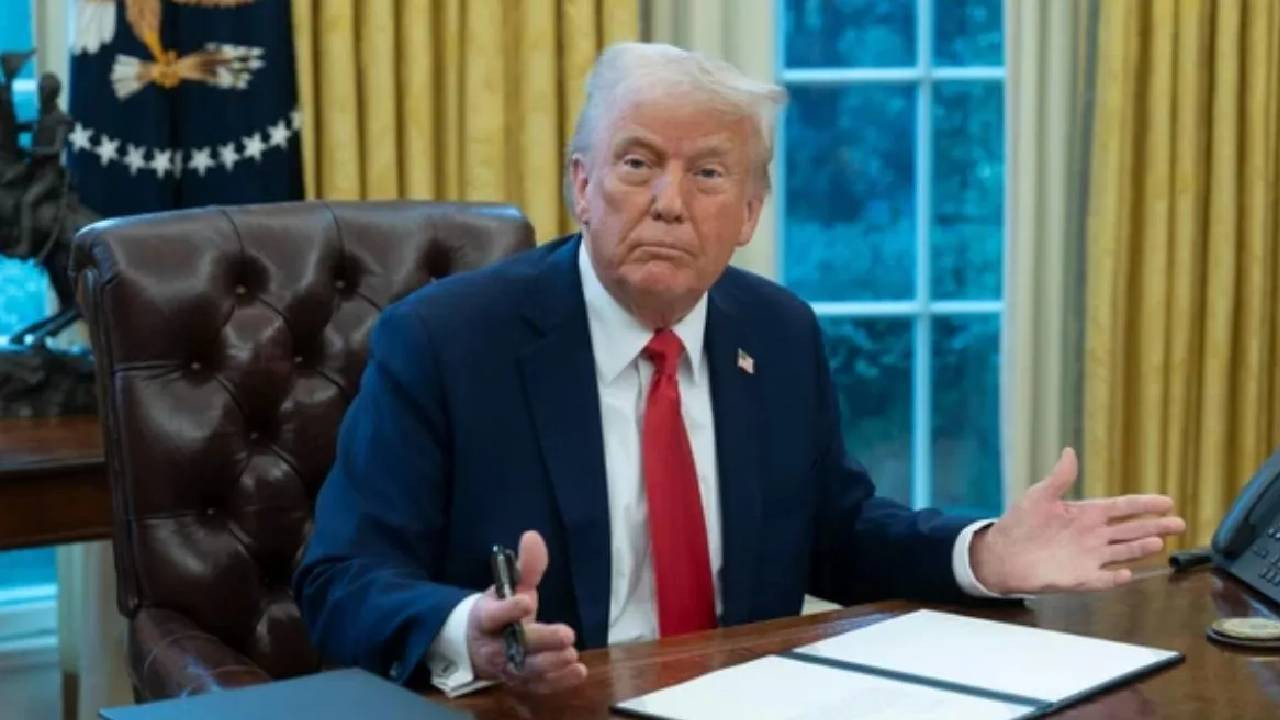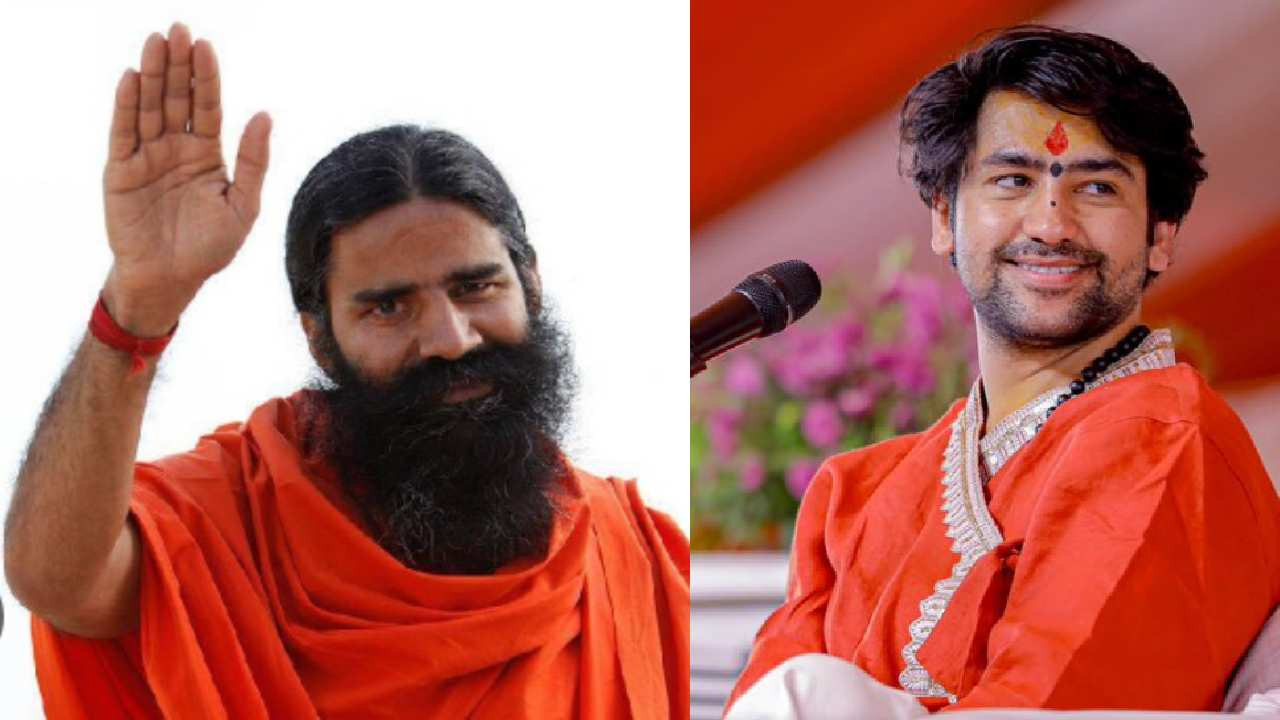National News: After the death of 26 people in the Pehalgam terror attack, India retaliated strongly against terror camps in Pakistan and PoK. Three months later, Air Force Deputy Chief Air Marshal Narmdeshwar Tiwari shared new facts about Operation Sindoor in a program of a private news channel. He said that by using less than 50 weapons, India not only ended the conflict but also forced Pakistan to agree to a ceasefire.
Air Marshal Tiwari said that there were many options during the operation, but finally only nine targets were chosen. He said, 'With less than 50 weapons, we were able to end the conflict. This is the most important conclusion of this entire operation.' He believed that starting a war is easy, but ending it is much more difficult, so the army was prepared for every situation.
Technology and freedom brought success
Tiwari said that India's Integrated Air Command and Control System (IACCS) played a major role in the success of the operation. This system gave the Air Force the ability to withstand the initial attack of the enemy and retaliate immediately. Also, the Indian government gave complete operational freedom to the army, so that decisions could be taken quickly and quick action was possible according to the situation.
The attack lasted four days
From May 7 to 10, the Air Force targeted key Pakistani installations with BrahMos-A cruise missiles and drone attacks. The first confirmed attacks were at Chaklala (Rawalpindi) and Sargodha (Punjab province). Later, reports of attacks on locations such as Jacobabad, Bholari and Skardu also came in. Several aggressive moves by Pakistan were foiled by Indian shelling and on the afternoon of May 10, Pakistan's DGMO Major General Kashif Abdullah had to make a direct call to his Indian counterpart.
Violations despite ceasefire
From the evening of May 10, India and Pakistan agreed to stop military action by land, sea and air. But a few hours later, Pakistani drones were seen in many areas including Srinagar and Gujarat, which were intercepted by the Indian Army. India called it a violation of the ceasefire and warned of a strong response. Foreign Secretary Vikram Misri said that India takes these violations very seriously and a response is being given.













